As Christmas lights twinkle and holiday songs fill the air, Hanukkah often finds itself sharing the spotlight. With its candles, dreidels, and festive meals, the Jewish festival of lights has become synonymous with December celebrations. Yet, while Hanukkah is widely recognized, especially in countries where Christmas reigns supreme, it is often misunderstood in terms of its significance within Judaism.
For many, the proximity of Hanukkah to Christmas, along with its public visibility, can make it seem like one of the most important holidays in the Jewish calendar. After all, in the midst of a season dominated by Christmas trees and holiday cheer, the bright, glowing menorahs of Hanukkah offer a striking visual and a sense of celebration. However, for Jews, the holiday doesn’t hold the same weight as Christmas does for Christians, nor does it rank as highly among the many other holidays celebrated in Jewish tradition.
Hanukkah, which typically falls in late November or December, commemorates the rededication of the Second Temple in Jerusalem after a victory by the Jewish Maccabees over the Greek Seleucid Empire in 165 BCE. The central miracle of the story involves a small amount of oil, enough to keep the Temple’s menorah burning for a single day, which instead miraculously lasted for eight days. This is why Hanukkah is celebrated for eight nights, with a candle being lit each evening on the menorah.
While this miracle is certainly a moment of celebration, Hanukkah’s religious and cultural significance is relatively modest compared to other Jewish holidays. For example, Yom Kippur, the Day of Atonement, is considered the holiest day in Judaism, a time for reflection, repentance, and spiritual renewal. Similarly, Passover marks the Exodus of the Israelites from Egypt and is a central moment in Jewish history and faith. Rosh Hashanah, the Jewish New Year, and Shavuot, the festival celebrating the giving of the Torah, also command more importance in terms of religious observance and historical significance.
In contrast, Hanukkah’s roots lie more in the realm of cultural preservation and historical memory. While it has grown in prominence, particularly in Jewish communities in the United States, its origins as a relatively minor historical event make it less central to Jewish religious life. As such, it is not associated with the same depth of religious rituals or spiritual observances as other major Jewish holidays.
So, why does Hanukkah receive so much attention? One reason is its timing, which positions it alongside one of the most widely celebrated holidays in the world, Christmas. For Jewish families, Hanukkah provides an opportunity to come together, celebrate their faith, and share the joy of their heritage in a time of year that is often dominated by Christmas festivities. The visibility of Hanukkah in mainstream media and retail– where menorahs, dreidels, and gelt (chocolate coins) become seasonal staples– also boosts its profile.
However, this can sometimes lead to the misconception that Hanukkah is as significant as Christmas is to Christians. Many people, especially those outside the Jewish faith, may assume that the holiday holds the same religious weight. This misunderstanding is fueled by the overwhelming Christian presence in the U.S. population, where 68% identify with a Christian religion– 33% Protestant, 22% Catholic, and 13% identify with other Christian traditions or simply as “Christian.” In such a predominantly Christian society, it’s easy for outsiders to mistakenly categorize Hanukkah as a “Jewish version of Christmas,” a celebration of lights and gifts that feels familiar, but with an entirely different cultural and historical context.
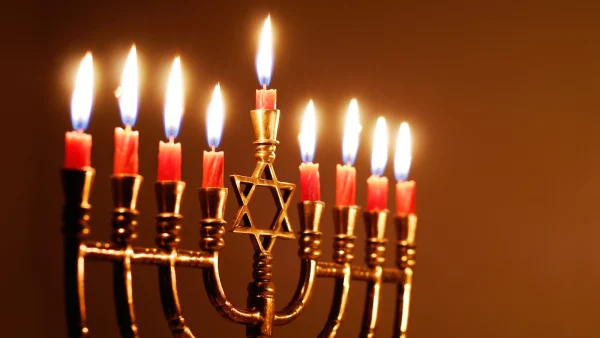
As someone who has grown up Jewish in a predominantly Christian town, I’ve experienced this firsthand. Over the years, I’ve had many encounters with people who, despite their best intentions, referred to Hanukkah as the “Jewish Christmas,” or saw a synagogue as a “Jewish church.” It’s a common mix-up, but one that highlights how a limited understanding of Jewish traditions can lead to oversimplification. For Jews, Hanukkah is not a religious parallel to Christmas, nor is a synagogue merely a place of worship in the same way churches are for Christians. The difference runs much deeper, rooted in distinct histories, rituals, and spiritual practices that define each faith.
This issue of misunderstanding extends beyond just Hanukkah. In a nation where Christianity dominates, and where many people’s understanding of the world is shaped primarily by their own faith traditions, the diversity of religious experiences often gets overshadowed. Too many people– especially within the Christian majority– are unfamiliar with the beliefs, practices, and holidays of those who follow different faiths. This ignorance can breed stereotypes, foster division, and lead to a lack of respect for the wide diversity of cultures and religions that contribute to the whole of American society.
In fact, this phenomenon is not limited to Hanukkah. Across the U.S., many non-Christians experience their religious observances being reduced to simplistic, often inaccurate comparisons to Christian holidays. For Muslims, the month of Ramadan may be dismissed as a “Muslim Lent,” and for Hindus, Diwali is sometimes mischaracterized as a “Hindu Christmas.” In each case, these comparisons ignore the unique cultural and spiritual significance of these holidays within their respective traditions.
At the end of the day, while Hanukkah might not be the “biggest” holiday in the Jewish tradition, it remains a meaningful time for Jewish families to celebrate their cultural identity and enjoy togetherness. It may not be the pinnacle of Jewish religious observance, but it offers a unique and valuable expression of Jewish spirit, community, and resilience. And as we embrace the festive season, it’s worth remembering that not every December holiday is a reflection of Christmas.
The larger takeaway here is simple: a little knowledge and curiosity can go a long way in breaking down misunderstandings and building a more inclusive society. Taking the time to understand the diverse religious and cultural practices around us– not just during the holiday season, but year-round– can foster empathy, bridge divides, and ultimately help us embrace the diversity that enriches our communities.
Happy Hanukkah!




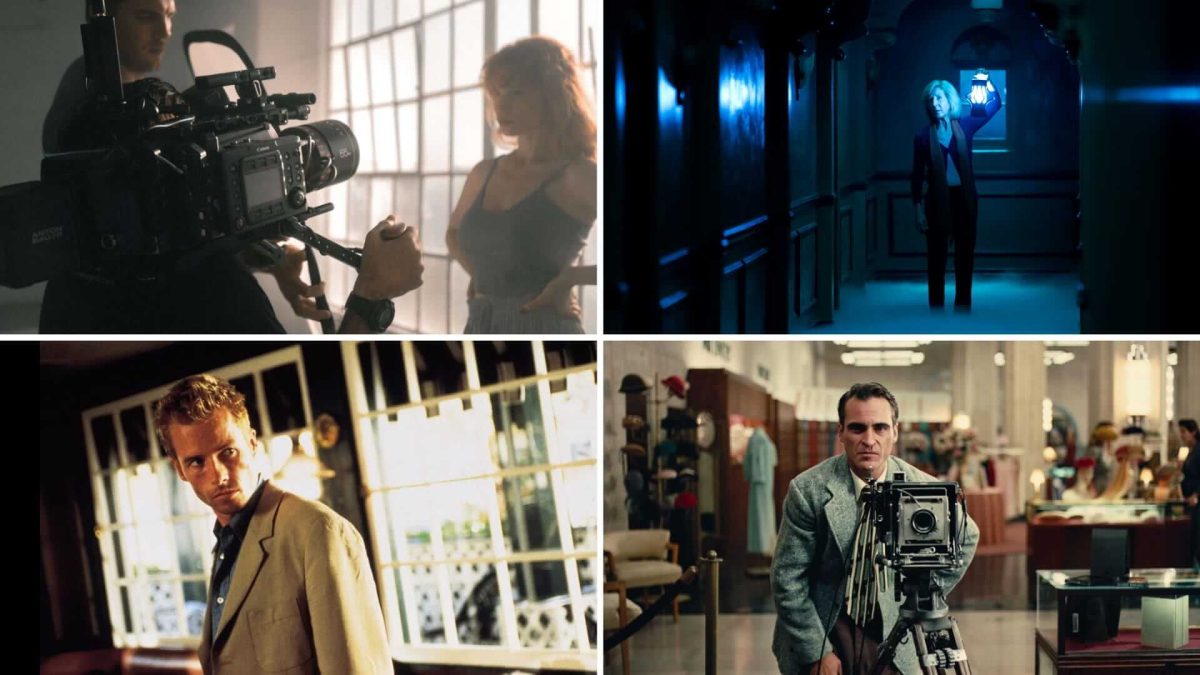
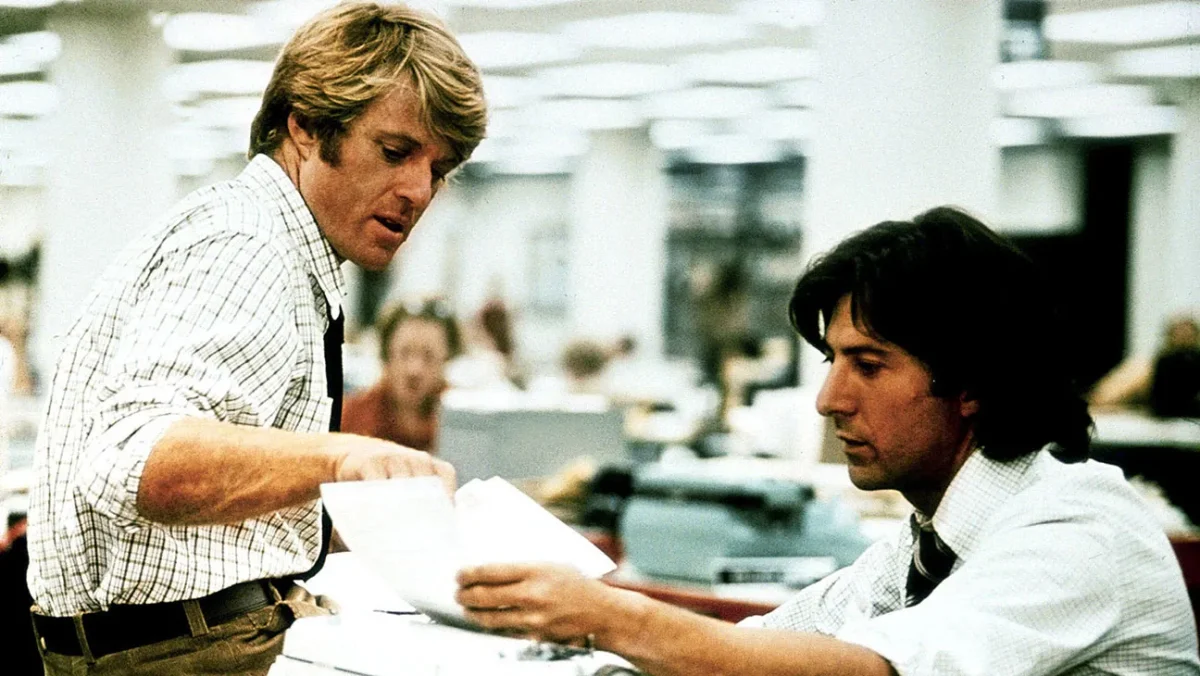

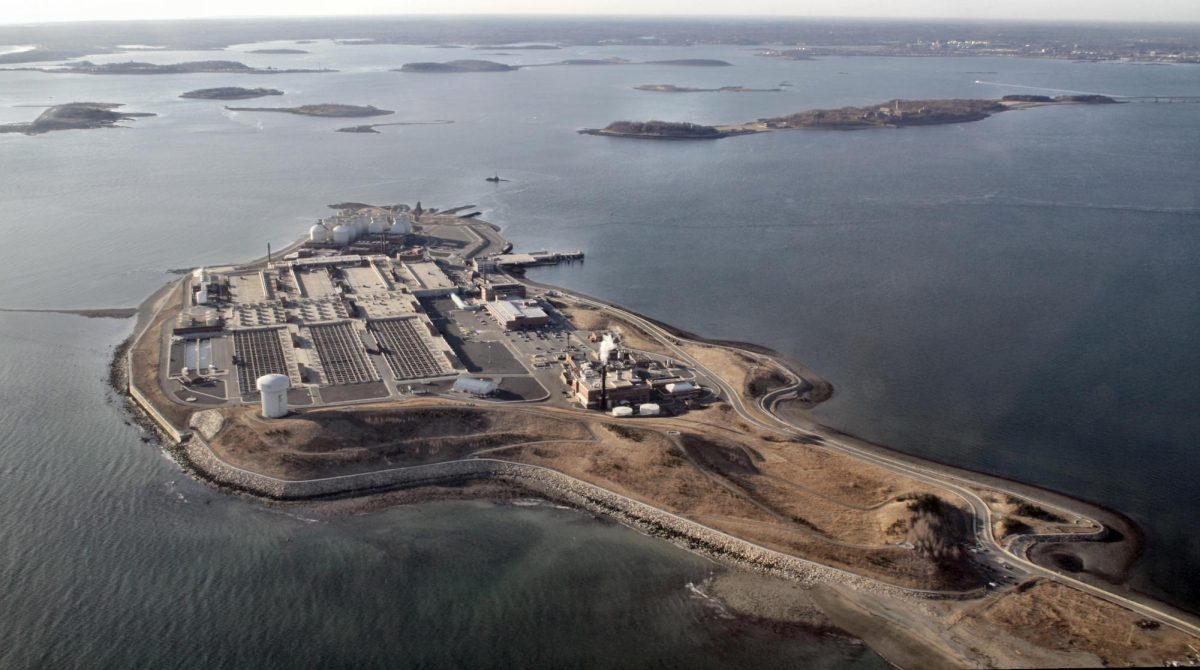
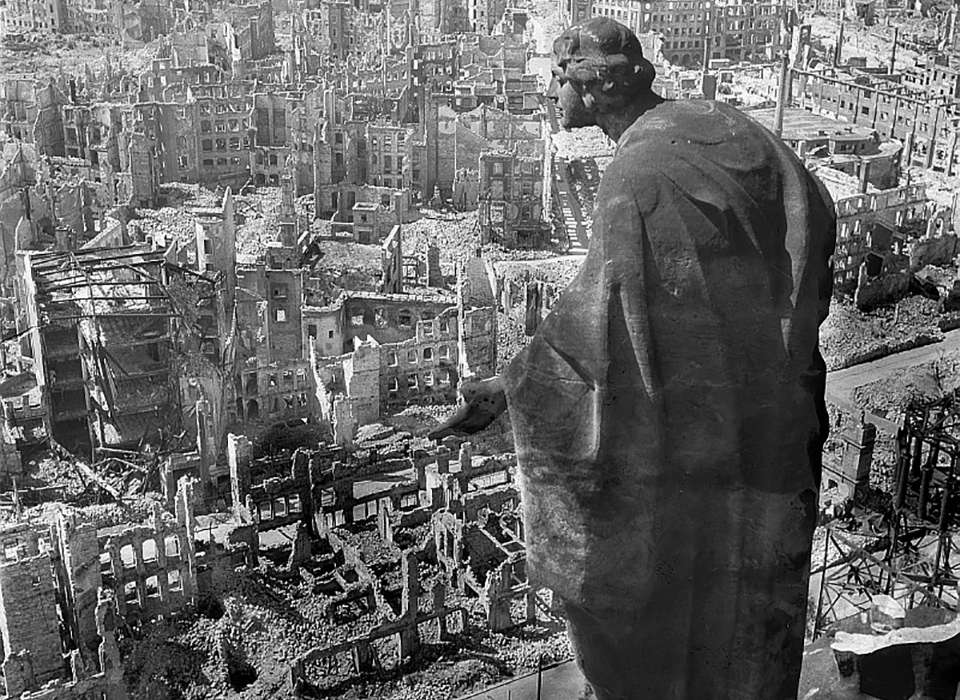

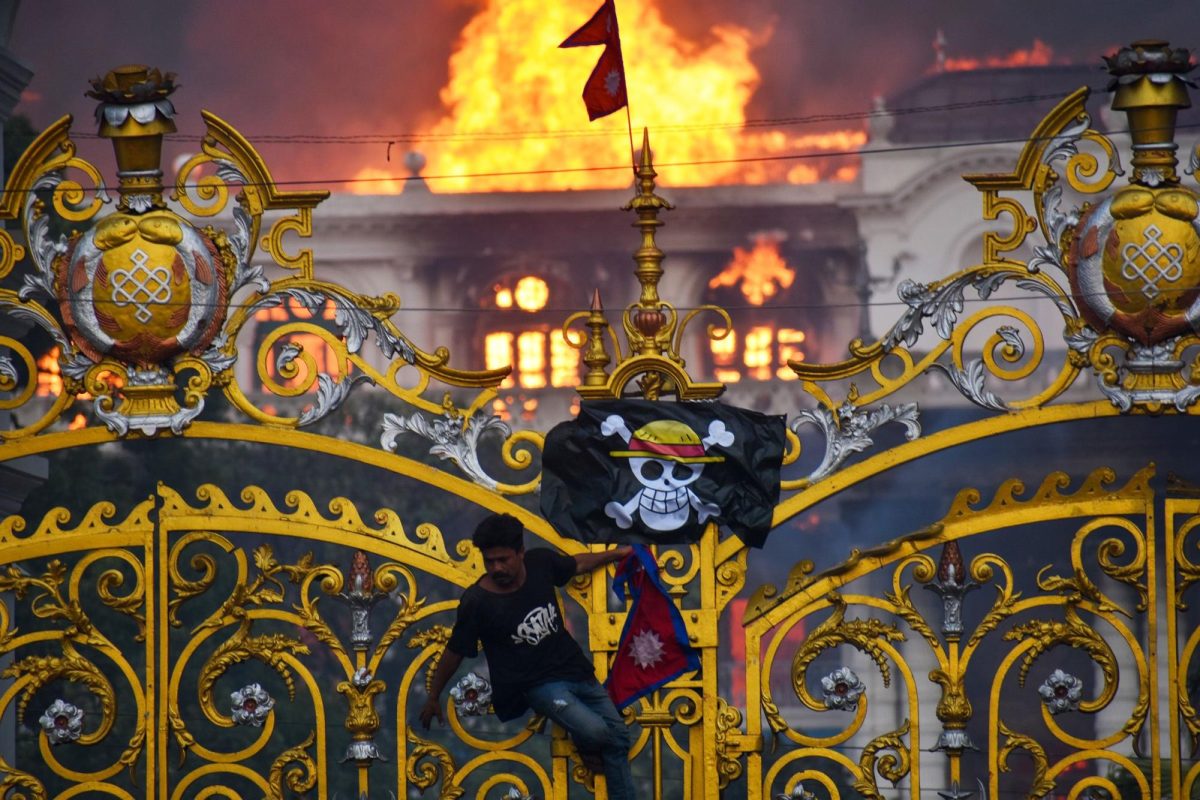

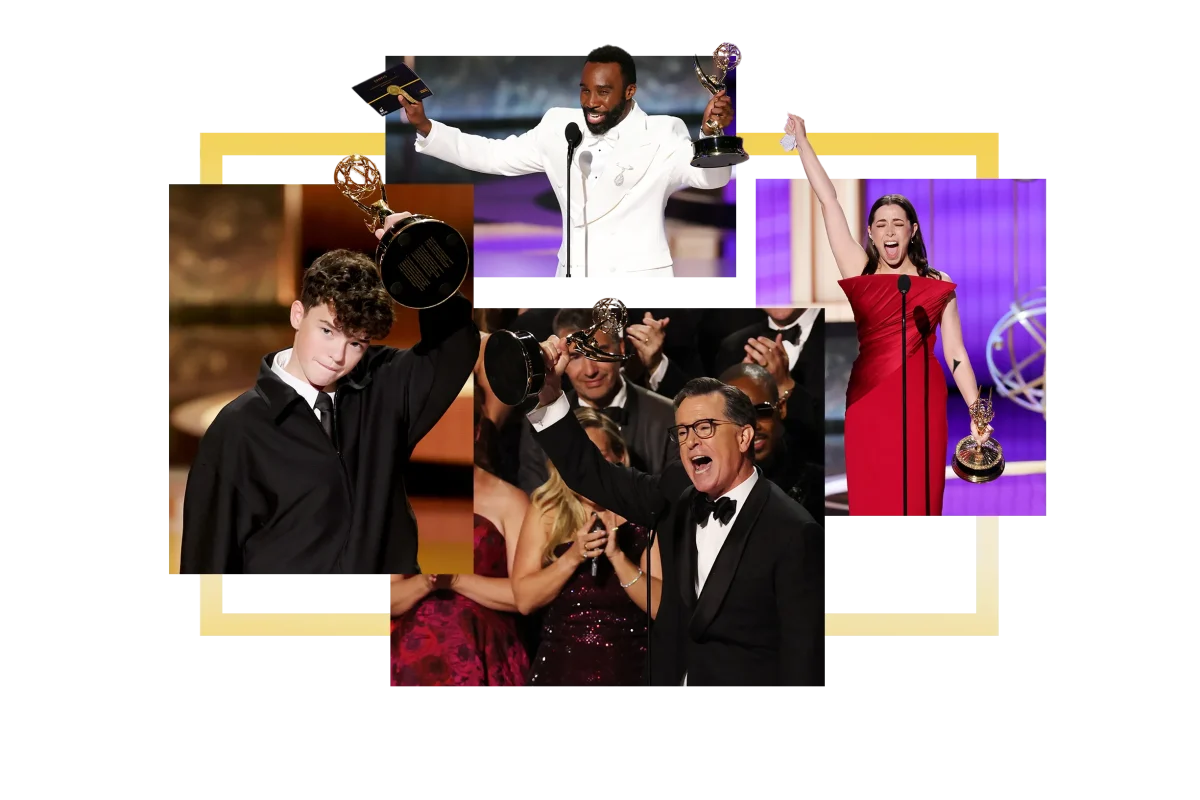
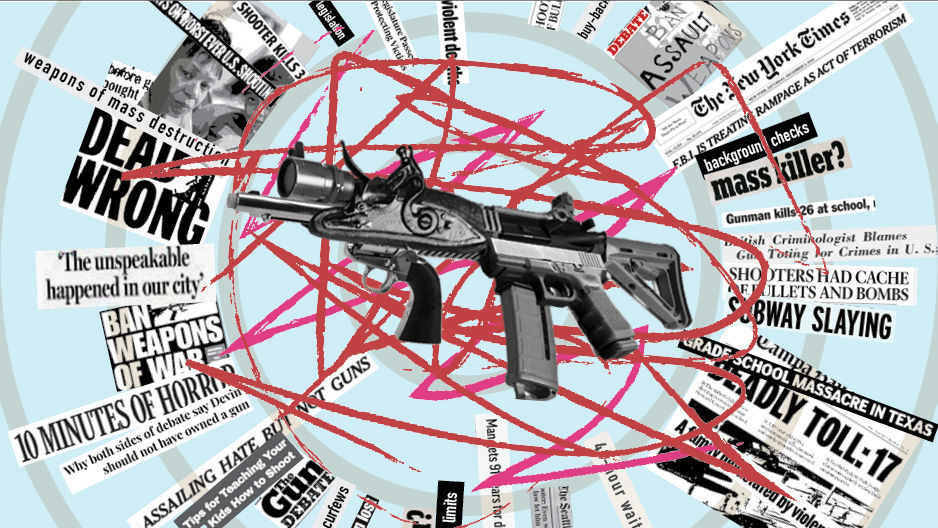
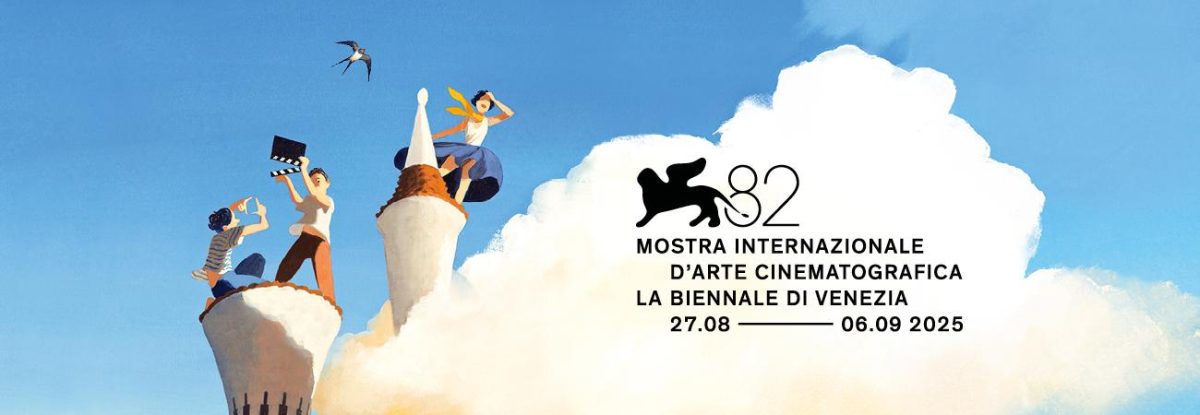
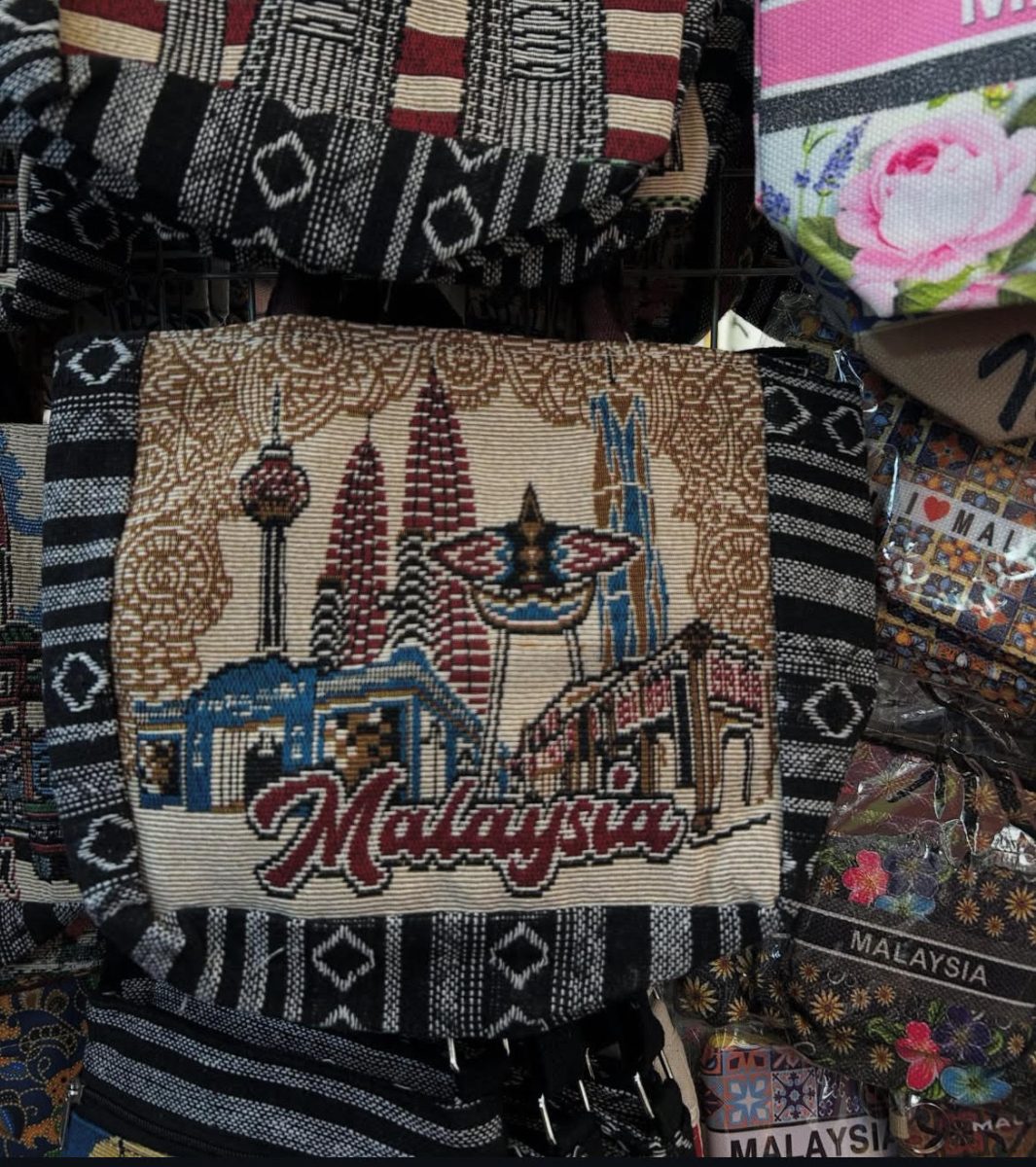

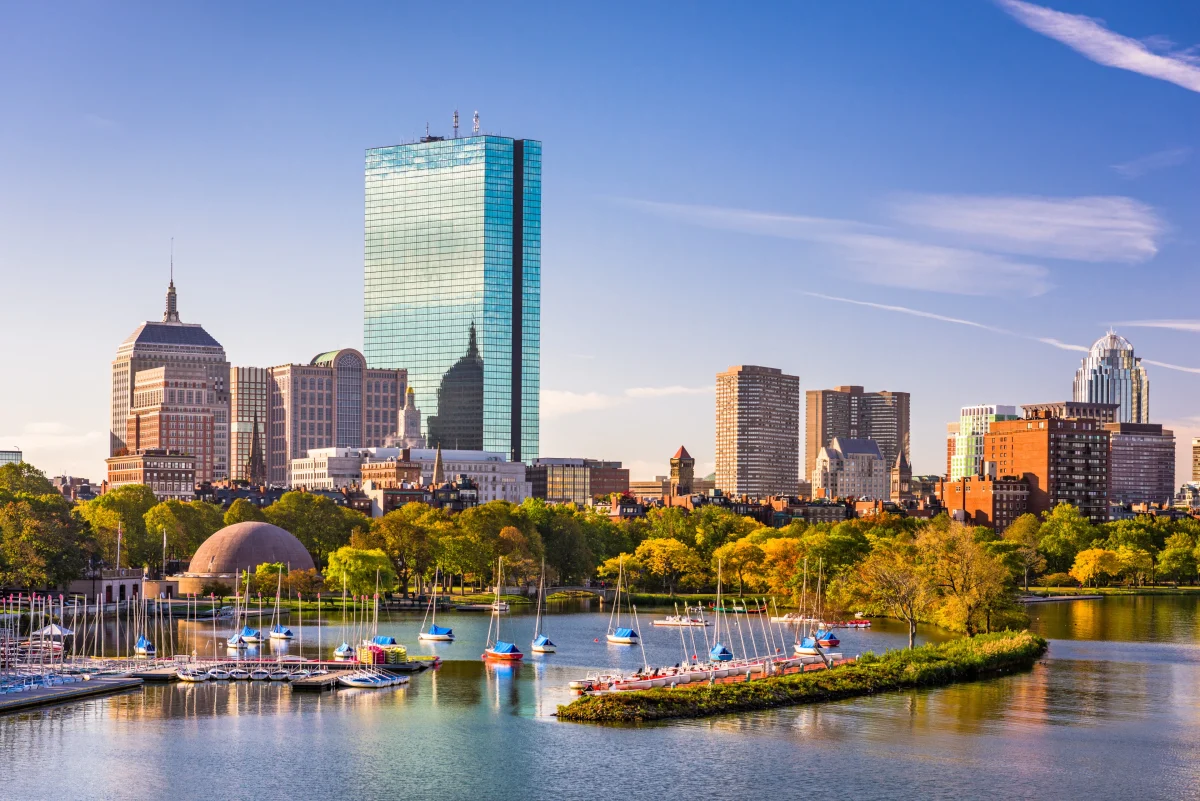
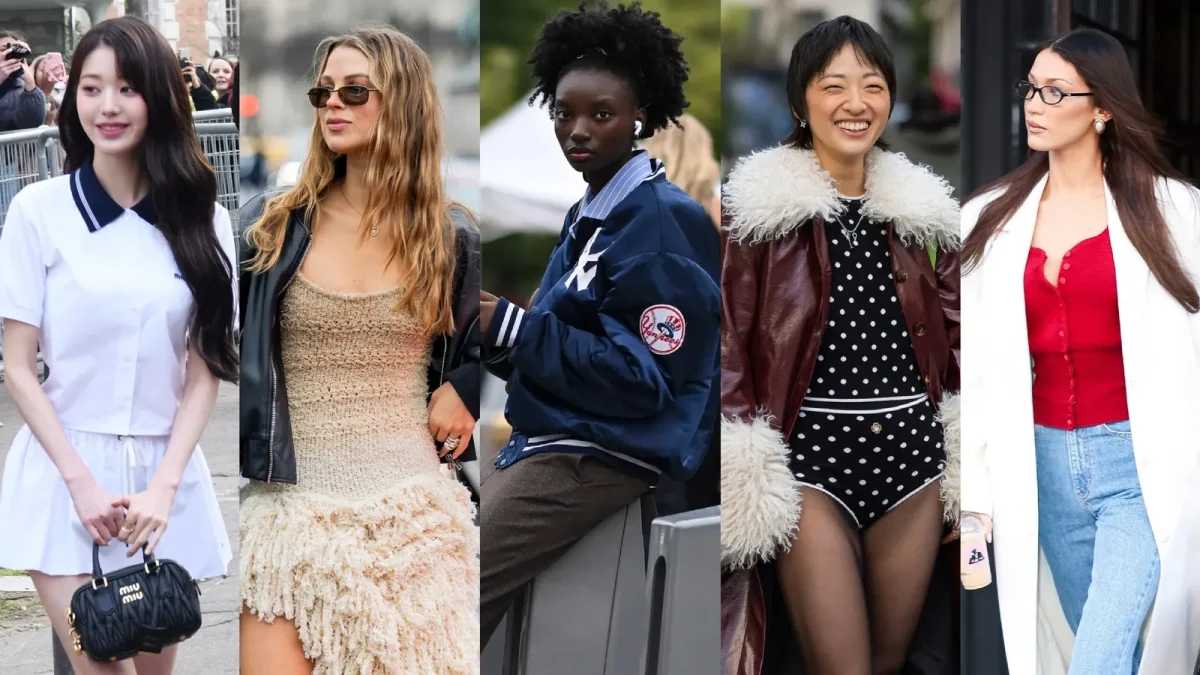
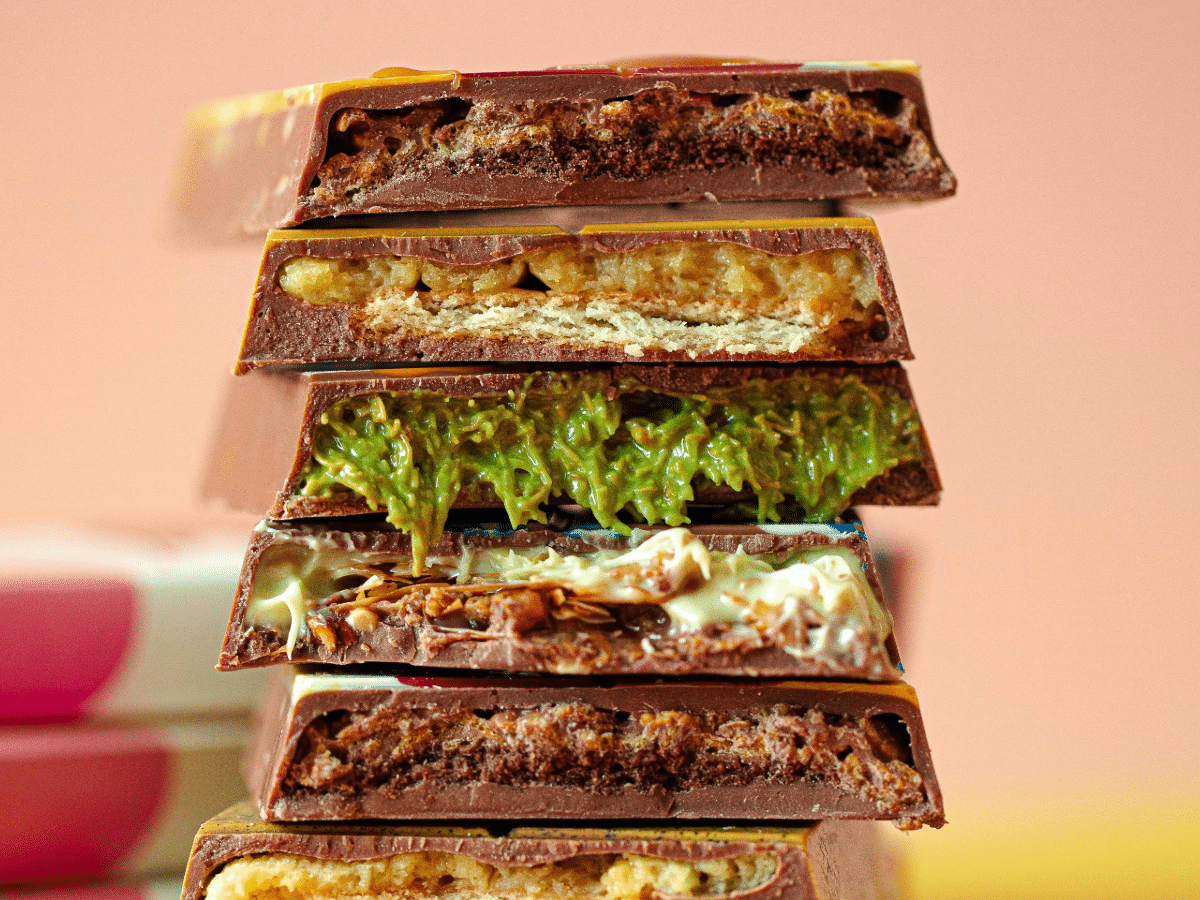
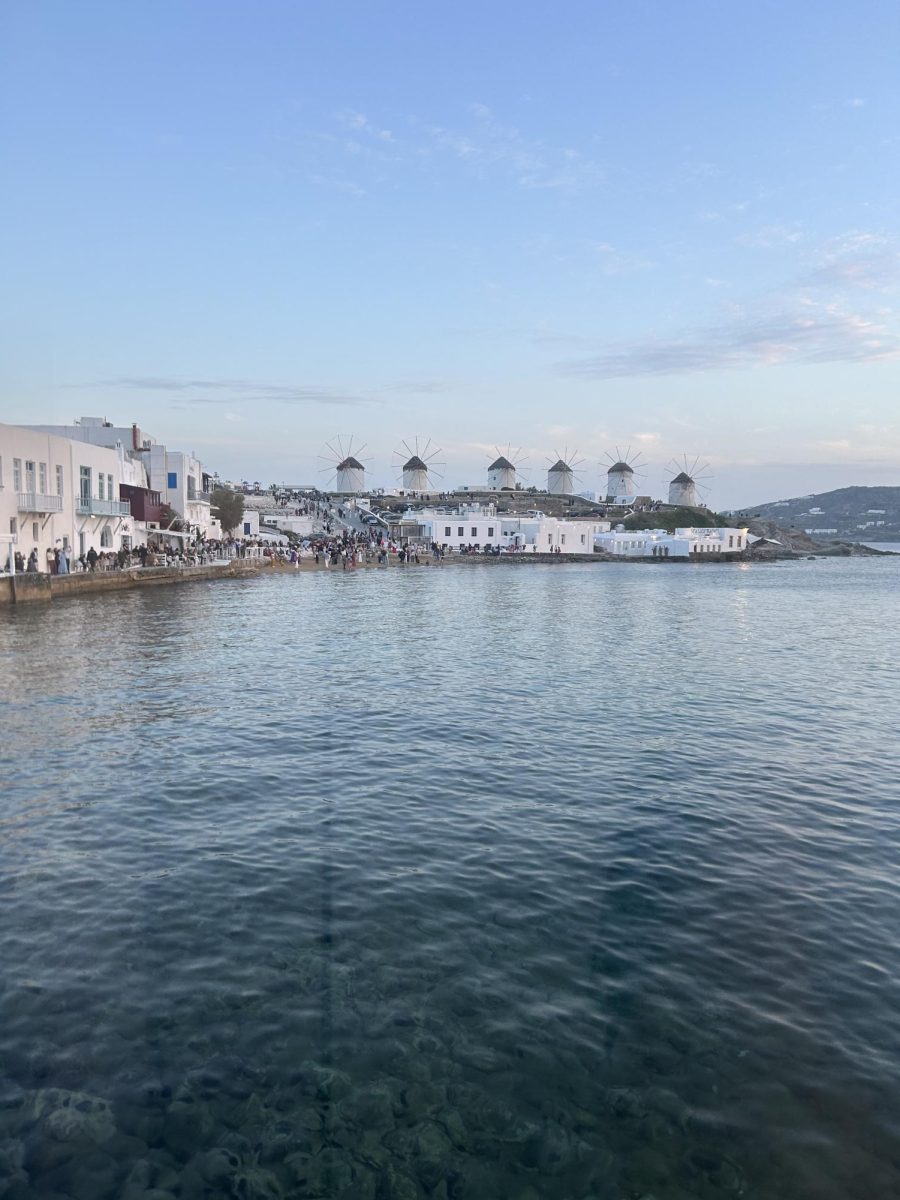
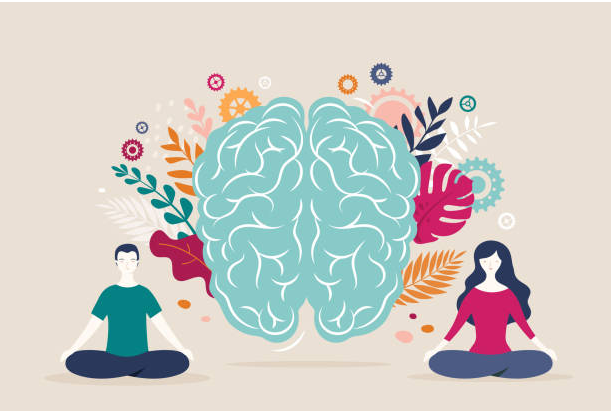
Donovan • Dec 20, 2024 at 7:53 am
HAPPY HANUKKAH